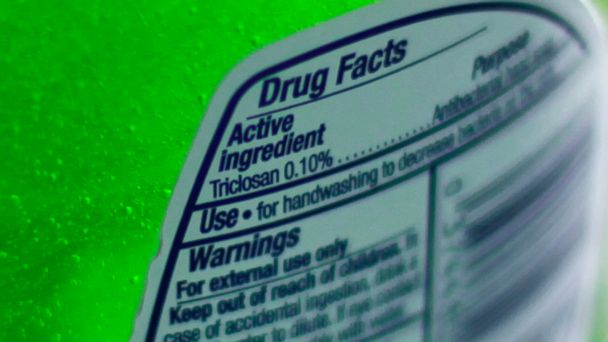FDA Enters Antibacterial vs. Regular Soap Fray

Kiichiro Sato/AP Photo
The Food and Drug Administration issued a tough challenge today to the makers of antibacterial soap that claim their products kill more germs.
The agency told manufacturers that if they want to claim that using antibacterial products is better than using regular soap, they need to prove it prevents more infections.
Related: Soaps vs hand sanitizers - what works best against germs?
In May, triclosan, a popular antibacterial chemical on the market for more than 40 years, drew the scrutiny of the FDA after recent studies raised concerns that it might be doing more harm than good.
Related: Popular antibacterial soap ingredient draws FDA scrutiny.
The FDA said in May it planned to release a review by the end of this year on whether triclosan's risks outweigh its benefits.
The agency said today it wanted to see evidence that antibacterial soap doesn't just kill germs better in a lab dish but also keeps people healthier.
In 2007, researchers at the University of Michigan and other universities compiled data from 30 studies looking at the use of antibacterial soaps and found soaps with triclosan were no more effective at preventing illness or reducing bacteria on the hands than plain soap.
The U.S. Centers for Disease Control and Prevention also said they're about the same at preventing illness.
The trade group representing antibacterial soaps told ABC News today that it was "perplexed" that the FDA would "suggest there is no evidence that antibacterial soaps are beneficial" and that "consumers should continue to have access" to the products.